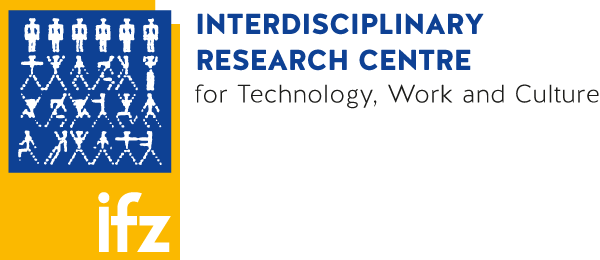Transdisciplinarity
Transdisciplinary research is particularly suitable for dealing with socially relevant, complex problems that are associated with a high degree of uncertainty, as it is often the case in the context of issues of new technologies, sustainability, health, social justice and equality. Transdisciplinary approaches go beyond the analysis of problems, are solution-oriented, and aim to improve the real-world impact of science. A key element is the inclusion of non-scientific partners on an equal footing. They play a key role in the creation of knowledge in the project right from the start by contributing their problem views, their knowledge and their experience to research. This makes it easier to understand the complexity of problems and the diversity of the real world environment and to reconcile different values and preferences in order to reach broadly supported solutions.
For more information, please contact Sandra Karner.
